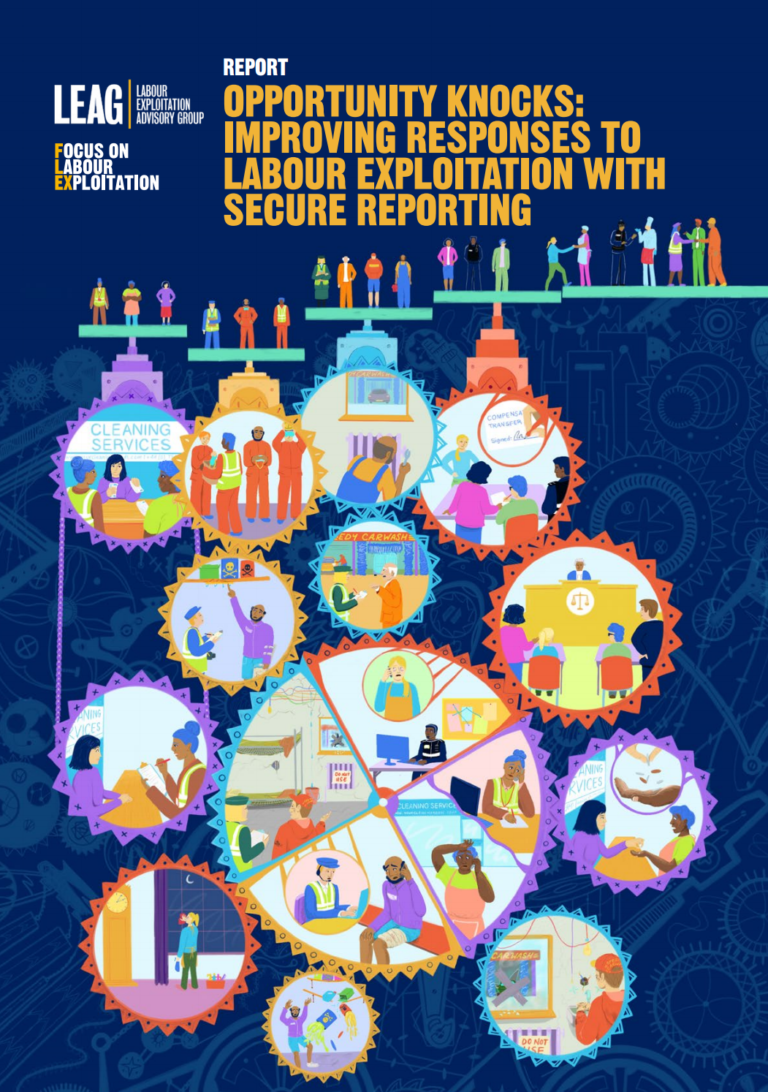The research examines the practices and policies of labour inspectorates and the Metropolitan Police and their relationship with the Home Office’s Immigration Enforcement team. Findings are based on these agencies engagement with immigration enforcement action; frontline organisations’ experience supporting migrant workers; and cases of people who have insecure immigration status and have chosen not to report to statutory agencies as a result.
‘Insecure immigration status’ refers to migrants, both documented and undocumented, who are currently required to prove they have a ‘right to work’ in the UK and who experience barriers accessing support or enforcing their rights.
This group covers people who are lawfully in the UK but are banned from working as a result of visa restrictions (e.g. tourist visas), have limitations to their ‘right to work’ (e.g. students working more than 20 hours per week), subject to other conditions that restrict their access to employment in the UK (e.g. asylum-seekers, some potential victims of modern slavery offences who are currently in the National Referral Mechanism), European nationals and people on work-visas who face barriers reporting issues at work due to a limited understanding of their rights and entitlements in the UK. It also includes those with undocumented status, such as people who have irregularly entered or stayed in the country, whose leave to enter or remain has expired or has been denied (e.g. negative asylum claims).

